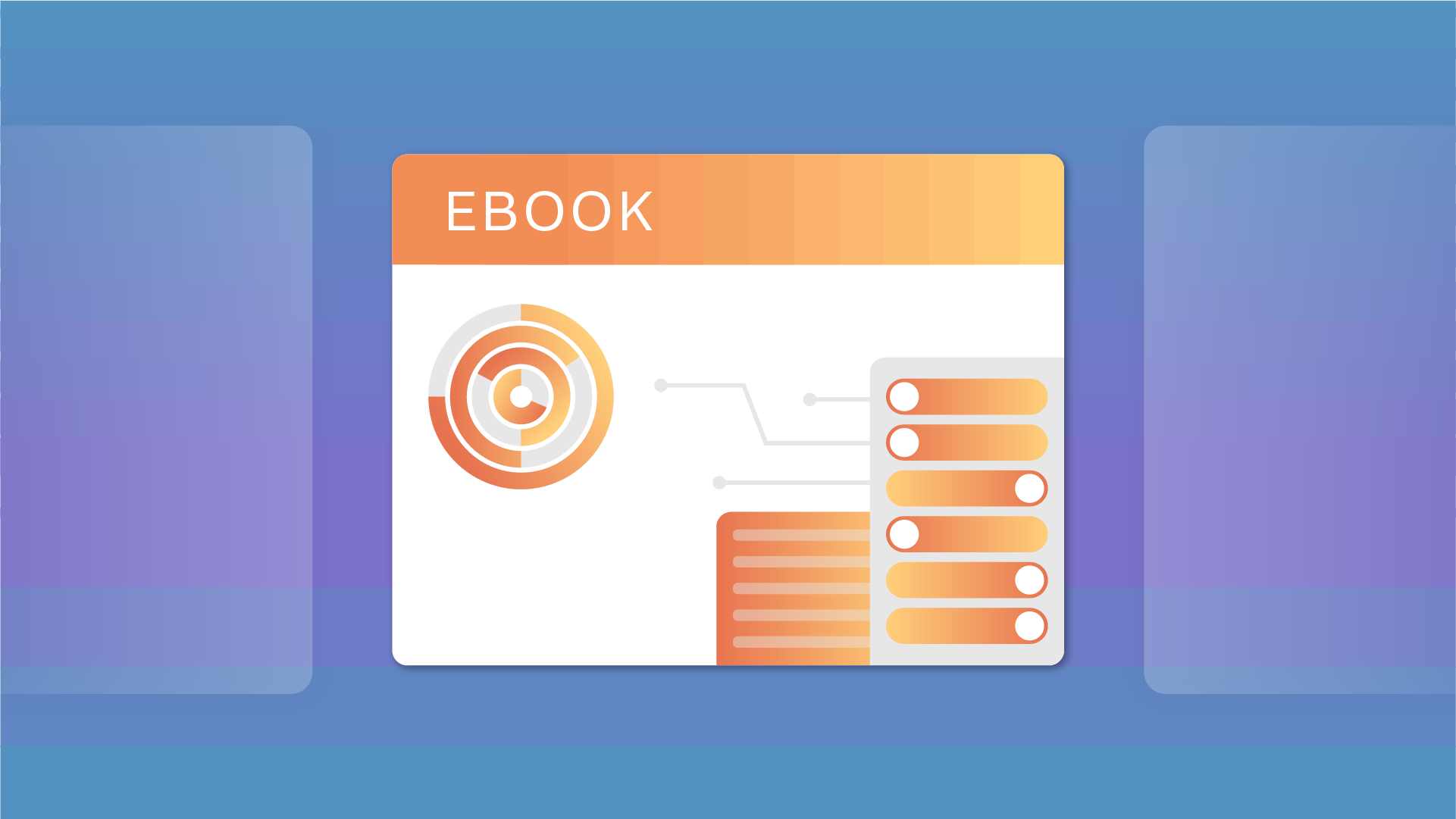Demand for data governance solutions is growing as more companies move to a customer-centric and data insights-driven approach to business. In doing so, these same organizations also need to comply with ever-changing privacy, security, and governance regulations and frameworks.
To better collect, use, and protect data, businesses must first understand data governance and how smarter privacy and security compliance builds an intelligent governance program.
Data governance is a collection of practices and processes that enable data stakeholders to create and manage data and data assets rules. Effective data management and analytics require a data governance solution that protects the privacy, security, and integrity of all data while also enabling the business to unlock value from that data. Organizations need robust data governance to gain meaningful data insights and comply with ever-changing security frameworks and privacy regulations like the GDPR, CCPA, LGPD, ISO, and NIST.
The sheer amount of data generated within an organization is significantly increasing throughout every business unit, from sales and marketing to product and development. Add to that the challenge of a continually changing regulatory landscape, and you can understand why good data governance cannot be ignored.
Learn how to build a data governance program with this ultimate guide.
In order to govern the data associated with your organization, you must first discover it and then classify its value. Data governance then provides businesses with a way to not only know what data they have but where they have it and who has access to it. Organizations with data governance solutions in place are better positioned to have objective, data-based insights that allow them to make more informed business decisions. They are also more likely to have more robust privacy and security programs as a result.
What creates an effective data governance strategy?
Below are the core components and considerations for any organization wanting to build a data governance strategy:
You must first know your data
With the volume and types of data that organizations process continually increasing, the first step to governing your data is knowing your data. Manual data discovery cannot scale across most organizations, so automated data discovery capabilities are essential. Data discovery tools help organizations identify their data assets and the data within and classify and enrich that data to better understand what data they have and how it needs to be governed. Utilizing data discovery technology with broad integration across all of your key system types (cloud, on-premise, legacy) and data types (structured, unstructured, files, images, etc.) is also essential. Data discovery tools must also leverage AI and other advanced technologies to improve data classification accuracy and efficiency. Effective data discovery goes deeper than metadata.
AI-driven data classification and metadata management are essential
The process of discovery and classification of data across your organization builds high volumes of information and detailed metadata that needs to be centralized and managed through data inventories, data dictionaries, and business glossaries. This helps your organization align technical metadata with business terminology to help the business understand the data.
Traditionally, metadata management was a manual, tedious task requiring a massive amount of resources to scale, even with the use of tools. Now, AI-driven tools bring automation to classification, adding terms, business rules, etc., and speed up other areas such as collaboration, remediation, and data curations. With the right data governance tools, companies can better interpret data by automatically populating data dictionaries and mapping business glossaries. This gives data within the organization better context and facilitates collaboration and communication among stakeholders across the organization.
Don’t silo your Privacy, Security, and Data Governance programs
Strong data governance brings numerous benefits to your privacy and security initiatives. Conversely, your privacy and security teams’ work can also accelerate and strengthen your data governance program. For example, a data governance project to catalog all data that an organization holds provides invaluable benefits to security and privacy teams.
You must govern your data with smarter policy management
Organizations need clearly outlined policies that outline who should have access to certain types of data, how long they should keep it, and where certain sensitive types of data should be stored. An effective data governance solution should flag possible policy violations and at-risk data. These violations could include sensitive data with open-access permissions, or minimum or maximum data retention periods, which require organizations to auto-apply retention rules based on jurisdiction and record type.
Your approach to data management enables business use and collaboration
A core pillar of effective data governance is the ability to set guidelines on data use and quality that facilitate ease of communication and education across the business and technical users. A company’s ability to perform a real-time search of a data catalog promotes trust and data literacy among the business while also allowing users to provide quality feedback. Data stewards can then manage business feedback as well as any access requests to desired data sets. When data is appropriately managed, better cross-functional collaboration can take place as stakeholders are working from a single source of truth.
Do you have a data governance solution in place?
Forward-thinking companies want to make the most of data to become insight-driven, trusted organizations. A strong data governance strategy means that businesses have good data and that they are also smart consumers of this data. This requires a holistic approach to data policies, data quality, risk management, and business processes to create data literacy. The more data literate your organization is, the better you can use data-led insights to improve your operations and provide customers with the services and experiences they want.
Learn more about OneTrust Data Discovery tools and Data Governance by requesting a demo.













